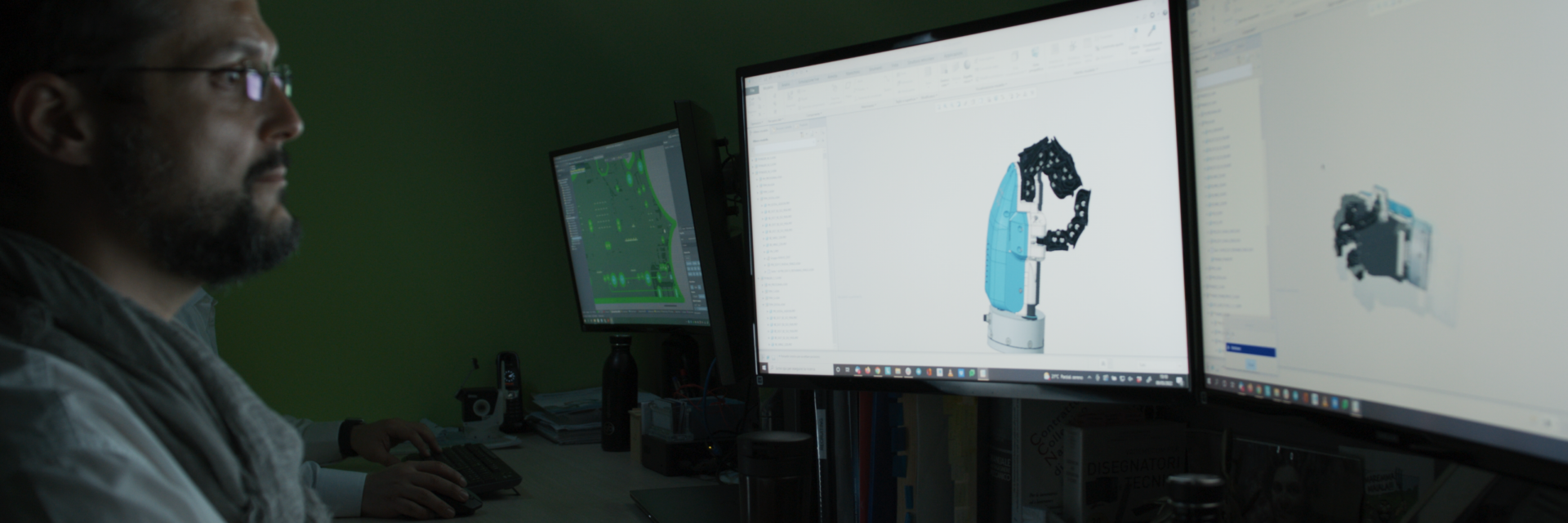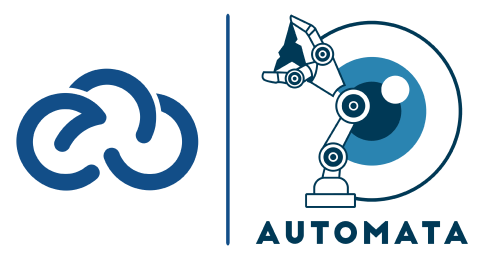
AUTOMATA survey
As part of the AUTOMATA project, Inrap conducted a large-scale survey to gain a better understanding of how advanced technologies are currently used and perceived within the archaeological community. The survey aimed to inform future developments in 3D modelling, non-destructive analysis, artificial intelligence and robotics, and collected 323 responses from professionals worldwide. The results provide a valuable insight into current practices, challenges and expectations surrounding the integration of emerging technologies in archaeology.
The AUTOMATA survey, which was coordinated by Inrap and conducted between March and May 2025, gathered insights from 323 respondents from across the global archaeological community. The aim was to assess current practices, challenges and expectations surrounding digital and technological innovation.
The majority of the participants were from Europe and worked in the public sector, primarily in academic research and field archaeology. The survey reveals widespread, albeit uneven, adoption of technologies such as 3D modelling, non-destructive archaeometry, artificial intelligence (AI) and robotics. Although 60% of respondents reported using 3D modelling, primarily through photogrammetry and lasergrammetry, many encountered barriers such as inadequate training, high costs, limited access to equipment, and constraints on digital storage. Similarly, although almost 40% engage with non-destructive archaeometry, its use is hindered by similar logistical and resource-related challenges.
AI tools are used relatively frequently, particularly for tasks such as translation, text correction and synthesis. The majority of respondents express cautious trust in the outputs of these tools, though many verify the results manually.
In contrast, robotics remains less familiar, with only 11% occasionally employing it for tasks such as data acquisition and digitisation.
Overall, the archaeological community is open to technological innovation, but highlights the need for better training, accessible infrastructure and ethical safeguards. Respondents expressed strong interest in the potential benefits of the AUTOMATA initiative, emphasising the importance of transparent algorithms, ethical standards, and participatory development. There is a clear demand for the implementation of emerging technologies to be inclusive, well-communicated and practically supported, in order to ensure that they serve both scientific integrity and archaeological advancement.
Get a more detailed overview of the survey’s results HERE (French version). An in-depth analysis report will be available soon.
